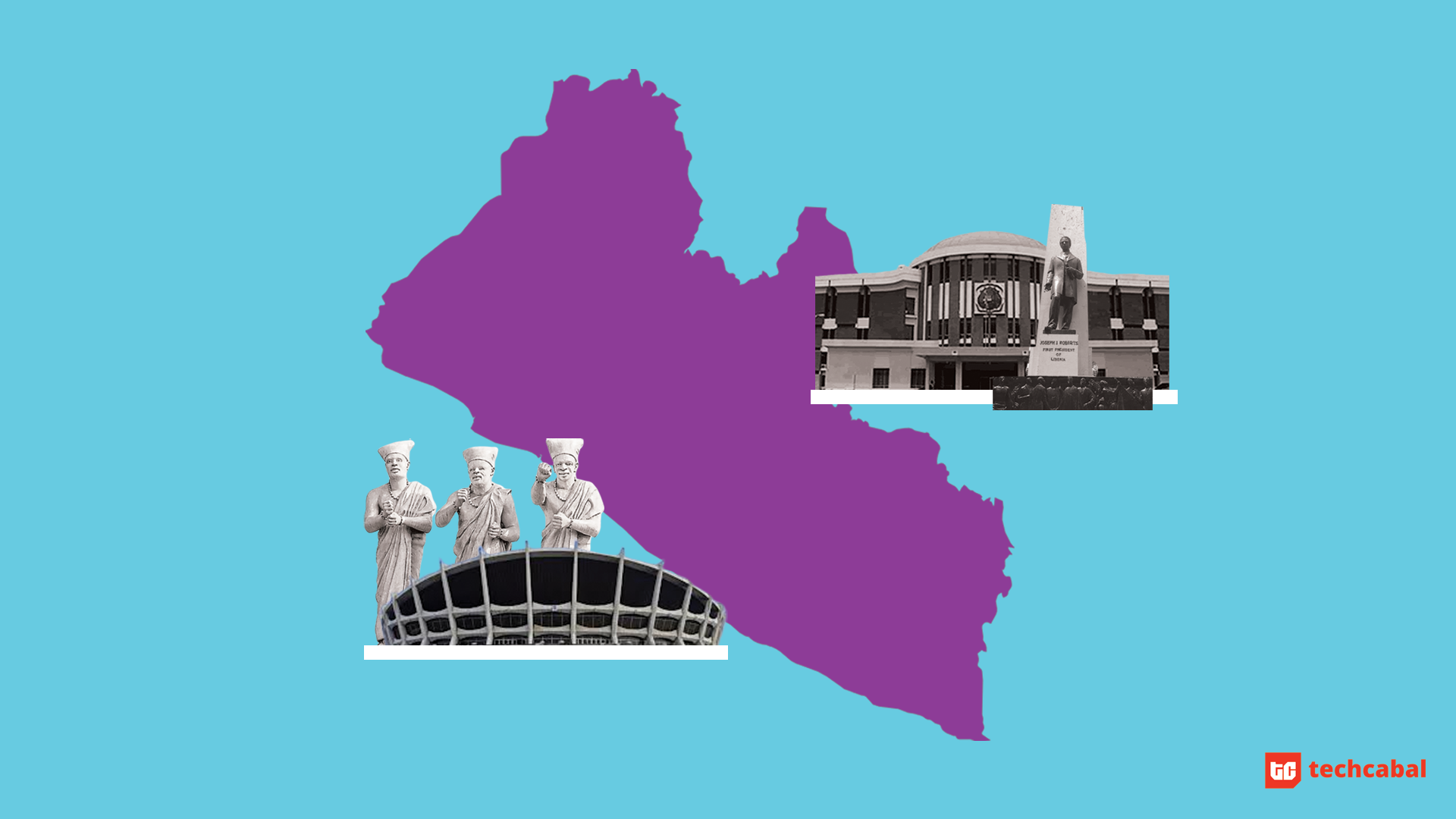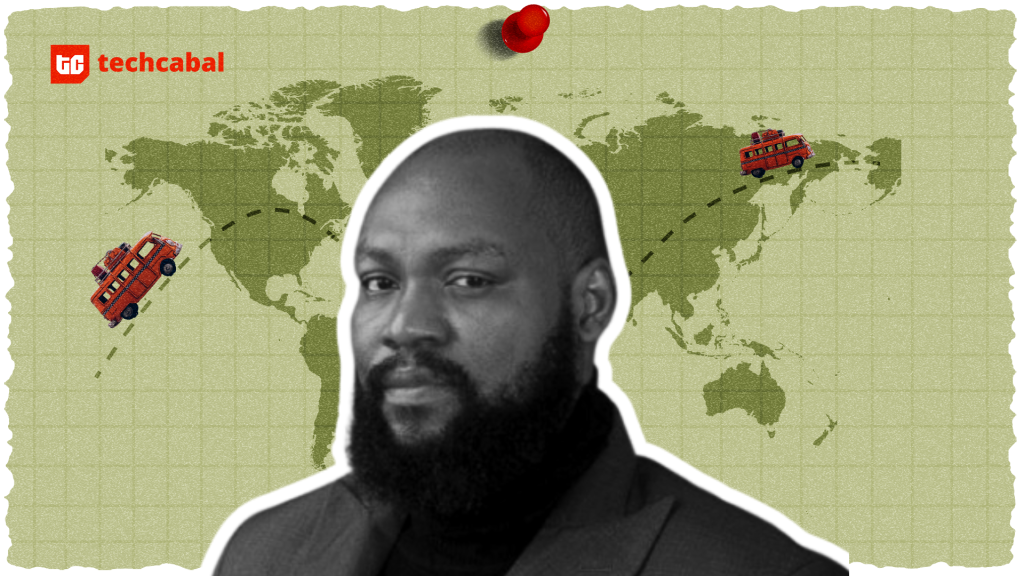In February, we talked to Ruz, a digital nomad who thinks “Abidjan is a Lagos that works”. If you haven’t read about his experience, fix up here.
The subject of today’s Digital Nomads is a Liberian who left his country in 2001 because of a civil war to live in Lagos, Nigeria.
In 2015, at the end of the Ebola crisis, Dournard was visiting Liberia for the first time in almost fifteen years. But he almost ran into trouble with immigration because, despite holding a Liberian passport, he sounded Nigerian.
Beyond the suspicious immigration officials, the first real shock for him was the size and look of the airport.
He told TechCabal: “I landed at the Robert international airport and all I saw was a small building that was one floor. I complain about the Lagos airport but the Liberian airport is like 5% of the size of the Lagos airport”
“I kept expecting a bus to take us to the real airport”.
Roberts international airport (informally known as Robertsfield airport) is Liberia’s only international airport.
Since we’re talking about transportation, how do people move around in Liberia? Are cab hailing or motorcycle hailing services popular?
“Cab hailing services are not popular not in Liberia. If you need a taxi, you’ll have to take one by standing by the roadside”
Consequences of a nonexistent address system in Liberia
In Liberia, Uber and Bolt have no presence and this can be traced to the country’s address system.
Liberia does not have an address system and utilities are not tied to physical addresses.
“Liberia does not have a good address system and houses are not numbered so you have to use landmarks. If you want to have to have something delivered with DHL, you go to their office or the airport” Dounard said.
Yet, Ethiopian ride hailing service, ZayRide announced a launch in Monrovia and it is unclear how they intend to work around the country’s address system.
Away from the address system, did you know Liberia uses two currencies: the US Dollar and the Liberian Dollar?
Mobile payments in a country with two currencies
It is not unusual to use an ATM in Liberia and it dispenses US Dollars. If you wonder how Liberia uses two currencies, here’s a helpful article.
Most of the payments in Liberia are cash based, with Liberian Dollars used for smaller payments. Regardless, mobile money remains popular.
“There is mobile money in Liberia and the providers are the two popular telecom companies: Orange and Lonestar Cell”
“You register your phone number, send and receive money through the mobile money agents who have stalls all over town”
But it has its limitations. “You can’t pay cab fares and some small payments with mobile money, people prefer cash”.
Still on the topic of money, I ask one of my favorite questions: how much data can $5 buy?
“We buy airtime in USD and $5 gets you 3000MB. But in 2015, you could get more data for $5 because the telcos had a price war.”
One of the more interesting things about Dournard is that he completed his first degree in Babcock University in Nigeria, and is now completing a second degree in Liberia.
Studying across three countries
Dournard holds a first degree from Nigeria, a Masters degree from the United Kingdom and is on course to receive his second degree in Liberia.
“At Babcock, the only way to write your own exams was on paper. In my university here, you can choose to take your exams on a computer if you’re worried about your handwriting”
He says the major difference between studying in Nigeria and Liberia is the access to lecturers. “Here my teachers email or set up Whatsapp groups about the courses. I’ll have to say that my school here has a better tech experience than my university in Nigeria”
He concedes that the quality of education isn’t as great at some of the other universities in Liberia. But, if Liberians students are great at anything, it’s social awareness and holding the government accountable.
“Liberians are big on protests, especially students. The campus of the University of Monrovia is opposite the President’s office so it makes it easy to block the President’s convoy whenever there is an issue”
In 2019, the protests went a notch higher as Liberians kicked against the government’s incompetence and corruption. In response, the government blocked access to social media platforms.
“Liberians use Facebook a lot and we didn’t know immediately that the government blocked social media. But once people knew, they downloaded VPNs to get around it: before then, I didn’t know what a VPN was”
It makes sense then that some of his top apps while he’s in Liberia are; Facebook, Instagram, Twitter and Google documents.
In the end, where does he rank Nigeria and Liberia on a scale of 1-10 for his tech experiences?
“I’ll give Lagos a 6 and I’ll give Liberia a 3.5”
Looking to share your tech experiences with TechCabal? Send me an email: Muyiwa@bigcabal.com















